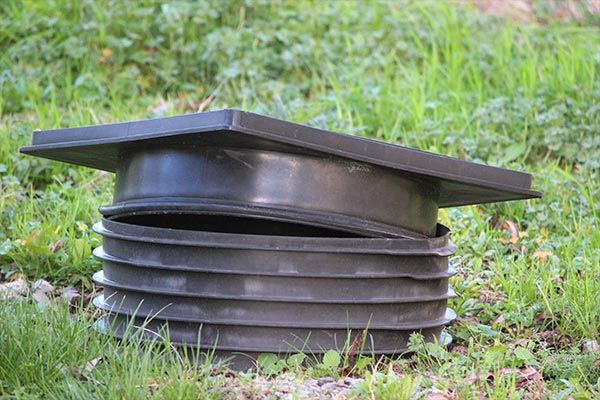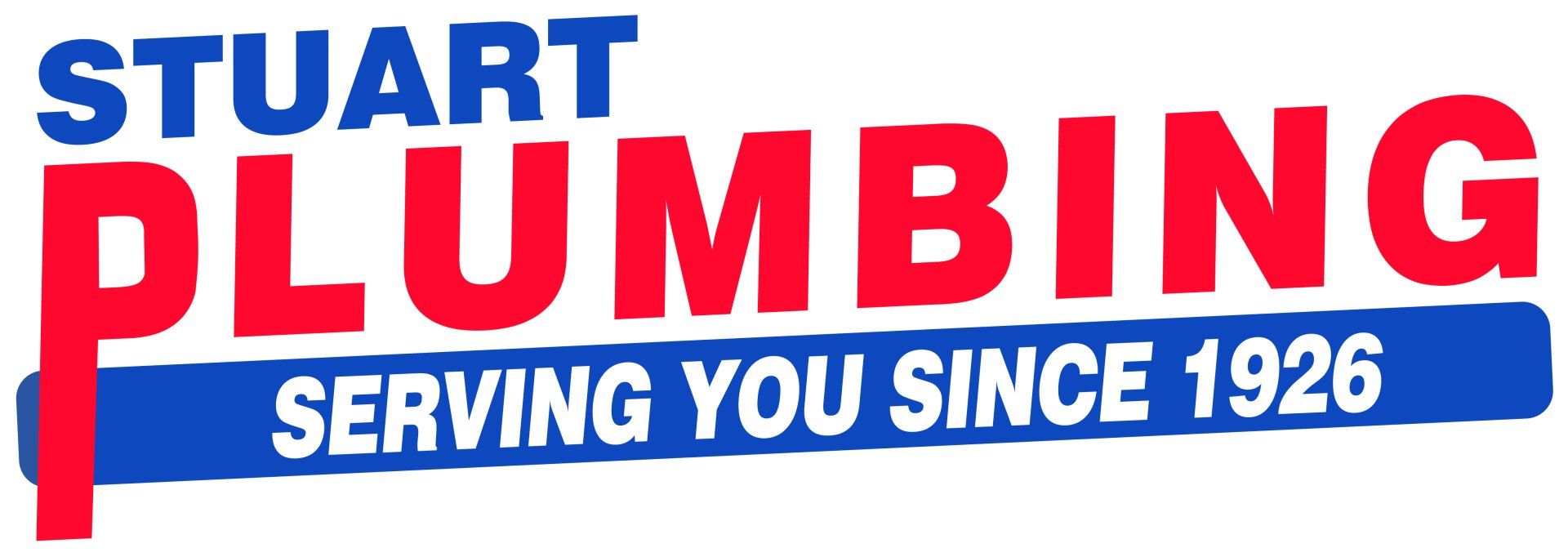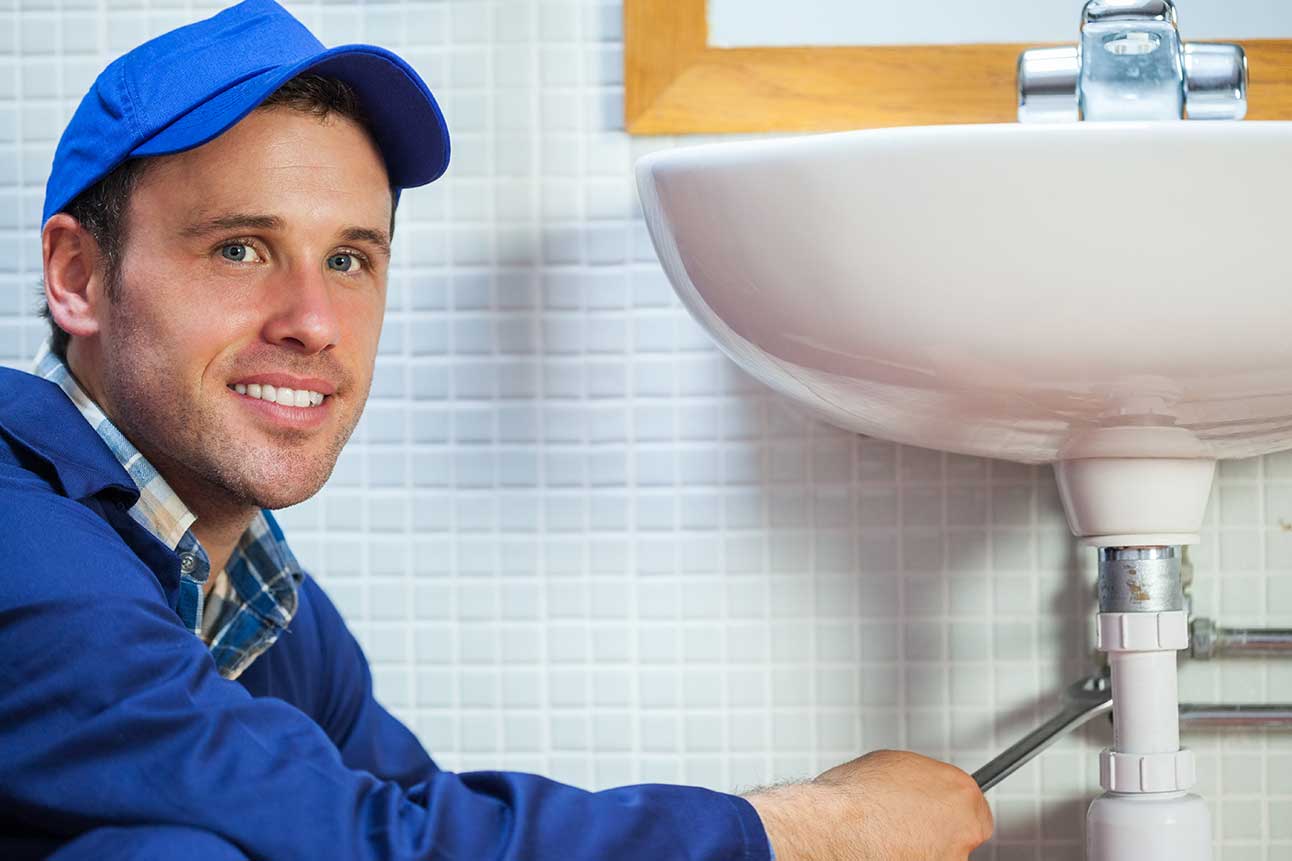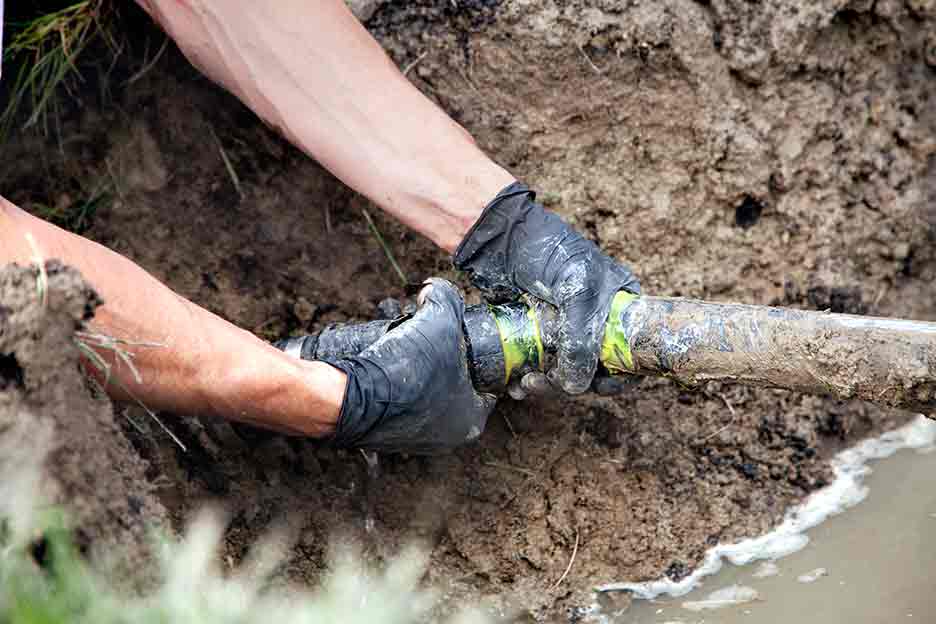Blog Post
THREE COMMON PLUMBING PROBLEMS THAT CAN CAUSE ALL OF YOUR DRAINS TO SLOW DOWN
- By Admin
- •
- 03 Oct, 2018
- •

When one sink or tub drains slowly, you may just need to pull out the plunger or some drain cleaner. But when all of your drains slow down, you're generally dealing with a larger issue that warrants a call to the plumber. It's important to address this problem promptly, since most of the issues that lead to slow drains will get worse, not better, if left alone. Here's a look at the most common plumbing problems that cause slow drains throughout the home.
FULL SEPTIC TANK
The body content of your post goes here. To edit this text, click on it and delete this default text and start typing your own (or paste your own from a different source).
To control the color or size of this text, please change the global colors or text size under the Design section from the left menu of the editor.
To control the color or size of this text, please change the global colors or text size under the Design section from the left menu of the editor.
Is your home connected to a septic system rather than to a public sewer? If so, chances are good that your septic tank is full and in need of pumping.
Over time, solid waste like feces and toilet paper builds up in the bottom of the septic tank. This waste breaks down, but slowly. If it accumulates faster than it breaks down, which is usually the case, you will need to have the tank pumped to remove the solid waste. Until you have the tank pumped, your drains will operate slowly, since any water you send down them is squeezing into the small amount of space left in the septic tank.
Luckily, having your septic tank pumped is pretty straightforward, and once this maintenance is complete, your drains should begin working well again. Going forward, make sure you have your tank pumped before it gets so full. For most homeowners, having the tank pumped every three years is adequate, though you'll want to do it yearly if you have a garbage disposal.
Over time, solid waste like feces and toilet paper builds up in the bottom of the septic tank. This waste breaks down, but slowly. If it accumulates faster than it breaks down, which is usually the case, you will need to have the tank pumped to remove the solid waste. Until you have the tank pumped, your drains will operate slowly, since any water you send down them is squeezing into the small amount of space left in the septic tank.
Luckily, having your septic tank pumped is pretty straightforward, and once this maintenance is complete, your drains should begin working well again. Going forward, make sure you have your tank pumped before it gets so full. For most homeowners, having the tank pumped every three years is adequate, though you'll want to do it yearly if you have a garbage disposal.
BLOCKED SEWER LINE
If your home is connected to a public sewer rather than to a private septic system, then the issue may lie in the pipe that runs from your home to the under-street sewer line. Known as the main sewer line, this large pipe can become clogged with foreign debris.
Oftentimes, tree roots grow into the pipe and then begin grabbing onto other material, like wet wipes and paper towels, until a massive clog forms. Since any water that comes down the drain has to make its way past this clog, your drains slow down considerably.
Clearing a main sewer line is no minor undertaking. Your plumber will start by sending a camera down the pipe in order to assess the extent and nature of the blockage. Then, they may use a rotating blade, called an auger, to cut away the roots and other clogging material. Rinsing certain herbicides down the pipe may help keep the roots from growing back.
Oftentimes, tree roots grow into the pipe and then begin grabbing onto other material, like wet wipes and paper towels, until a massive clog forms. Since any water that comes down the drain has to make its way past this clog, your drains slow down considerably.
Clearing a main sewer line is no minor undertaking. Your plumber will start by sending a camera down the pipe in order to assess the extent and nature of the blockage. Then, they may use a rotating blade, called an auger, to cut away the roots and other clogging material. Rinsing certain herbicides down the pipe may help keep the roots from growing back.
CRUSHED SEWER LINE
If you're connected to a sewer, there's also a chance that your main sewer line has become crushed, rather than clogged. This happens primarily with older sewer mains, which were often made from clay similar to that used to make terracotta pots. Though clay pipes have the advantage of being resistant to chemical degradation, they are quite brittle and are therefore prone to collapse and crushing.
A clay sewer pipe can become crushed if tree roots wrap around it, if you park over top of it with a heavy vehicle, or if the soil shifts dramatically. If a crushed pipe is to blame for your slow drains, you may also notice a sewage odor in your front yard. This odor appears because raw sewage is seeping out of the damaged pipe rather than draining properly into the public sewer.
Unfortunately, the only way to address a crushed main sewer pipe is to replace it. Your plumbing team will have to dig up the old pipe, remove the damaged section, and put a new pipe into place. They may recommend using a different material, like plastic or cast iron, so that your new sewer main does not suffer the same fate.
If your drains are running slowly, don't just ignore the problem and hope it gets better on its own. Whether you're dealing with a full septic tank, a clogged sewer line, or a crushed sewer line, professional service is needed to restore your plumbing to working order.
A clay sewer pipe can become crushed if tree roots wrap around it, if you park over top of it with a heavy vehicle, or if the soil shifts dramatically. If a crushed pipe is to blame for your slow drains, you may also notice a sewage odor in your front yard. This odor appears because raw sewage is seeping out of the damaged pipe rather than draining properly into the public sewer.
Unfortunately, the only way to address a crushed main sewer pipe is to replace it. Your plumbing team will have to dig up the old pipe, remove the damaged section, and put a new pipe into place. They may recommend using a different material, like plastic or cast iron, so that your new sewer main does not suffer the same fate.
If your drains are running slowly, don't just ignore the problem and hope it gets better on its own. Whether you're dealing with a full septic tank, a clogged sewer line, or a crushed sewer line, professional service is needed to restore your plumbing to working order.
Share
Tweet
Share
Mail
CONTACT INFORMATION
1317 Decker Avenue, Stuart, FL 34994
(772) 287-0131
stuplumb1317@gmail.com
(772) 287-0131
stuplumb1317@gmail.com
| Sun | 24hr |
| Mon-Fri | 7:00 AM - 4:30 PM |
| Sat | 24hr |
| 24/7 Emergency Services Available | |






OUR LOCATION
BROWSE OUR WEBSITE
CONTACT INFORMATION
1317 Decker Avenue, Stuart, FL 34994
stuplumb1317@gmail.com
Monday - Sunday |
|
| Available 24/7 **All Calls Answered by a Live Technician** |
|






OUR LOCATION
Content, including images, displayed on this website is protected by copyright laws. Downloading, republication, retransmission or reproduction of content on this website is strictly prohibited. Terms of Use
| Privacy Policy



